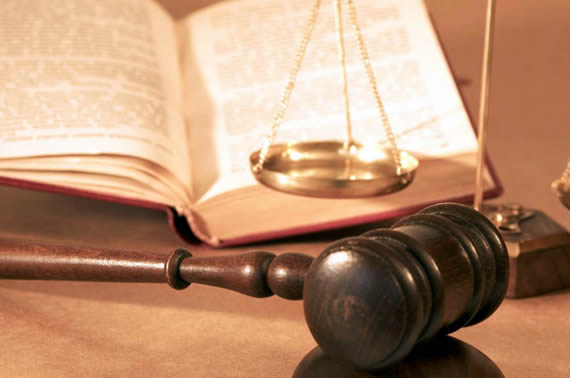Apple is suing former A-series chip lead Gerard Williams, accusing him of breaking his employment contract and of “exploiting” Apple Technology. Williams has fired back at the iPhone-maker, saying the Cupertino firm’s non-compete clause is unenforceable under California law, and says Apple illegally monitored his text messages.
Williams led the development of Apple’s A-series chips, which power Apple’s iPhone, iPads, iPod touch, and Apple TV devices. He is said to have been responsible for chips from the iPhone 5S’ A7 chip up to the A12X used in the current iPad Pro lineup. He is credited as an inventor on at least 60 Apple patents.
Williams left Apple in March, without announcing his plans. Last month, it was learned that he was joining two other former Apple executives to create a new chip company, Nuvia. This is what led to Apple’s lawsuit.
The Register reports Apple accuses Williams of using Apple technology and of poaching employees from the Cupertino firm. The lawsuit says Williams breached his contract by hiding the fact that he was preparing to leave Apple and start his own business. Apple lawyers allege he also tried to lure employees away form his former employer.
Apple claims Nuvia was created with the intention of forcing the iPad maker of buying back its own tech.
“Williams boasted about starting a new company with technology that he was working on at Apple, that he believed Apple ‘needed’ and that he believed Apple would have no choice but to purchase.”
Apple is seeking injunctions and damages against Williams for breach of contract and breach of duty of loyalty.
Williams is, of course, fighting Apple’s lawsuit, arguing the ‘breach of contract’ claim is unenforceable under California law. He also claims Apple illegally monitored his text messages.
A hearing is scheduled for January 21, 2020.
(Via 9to5Mac)


